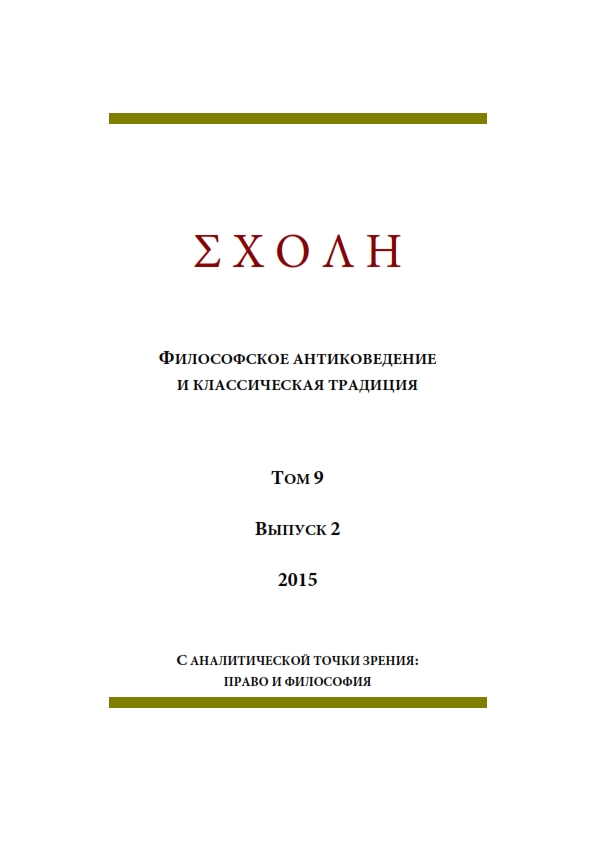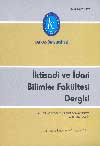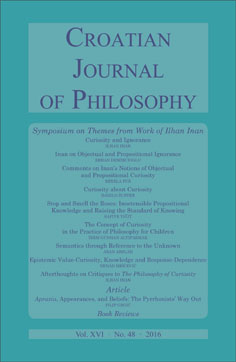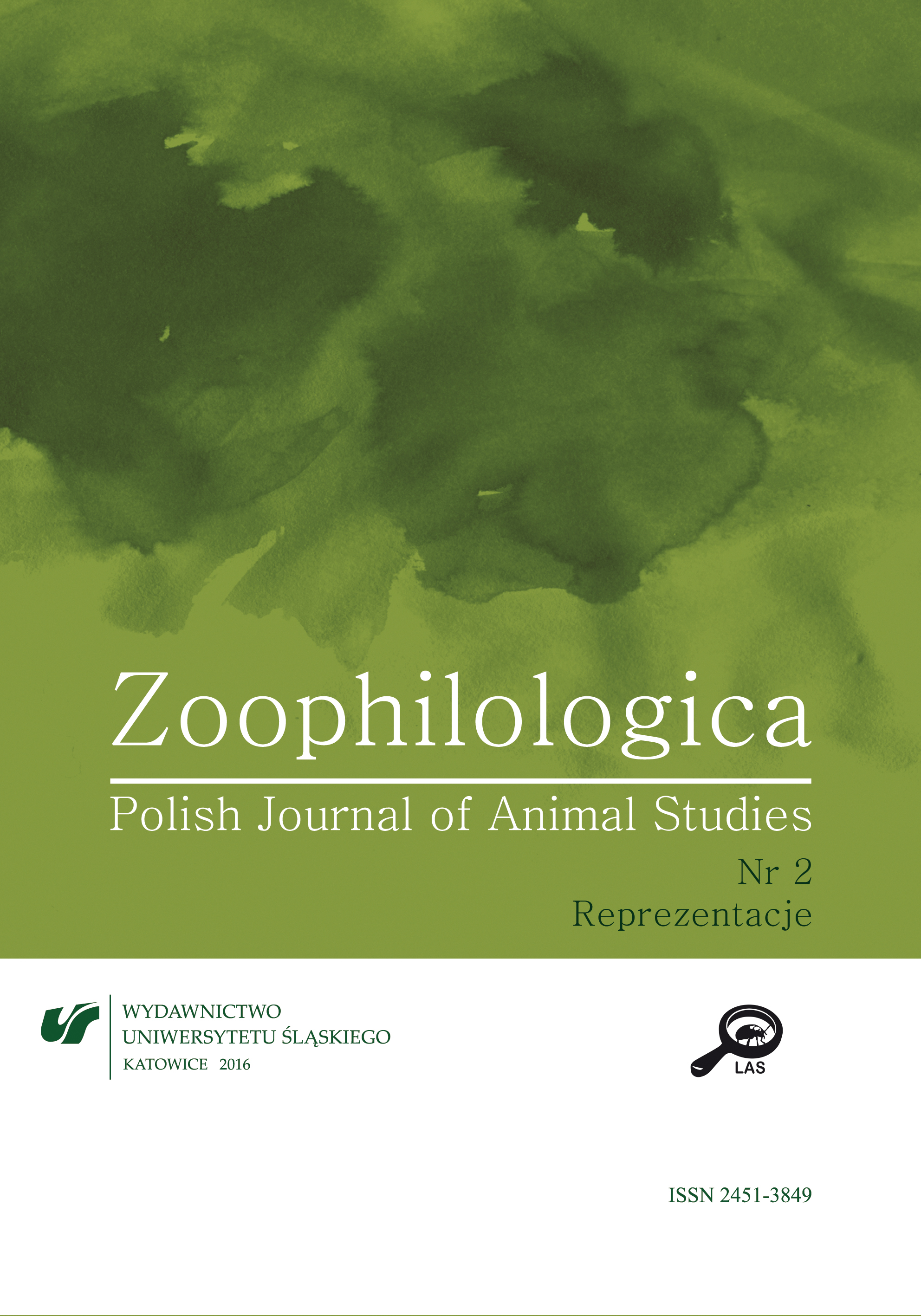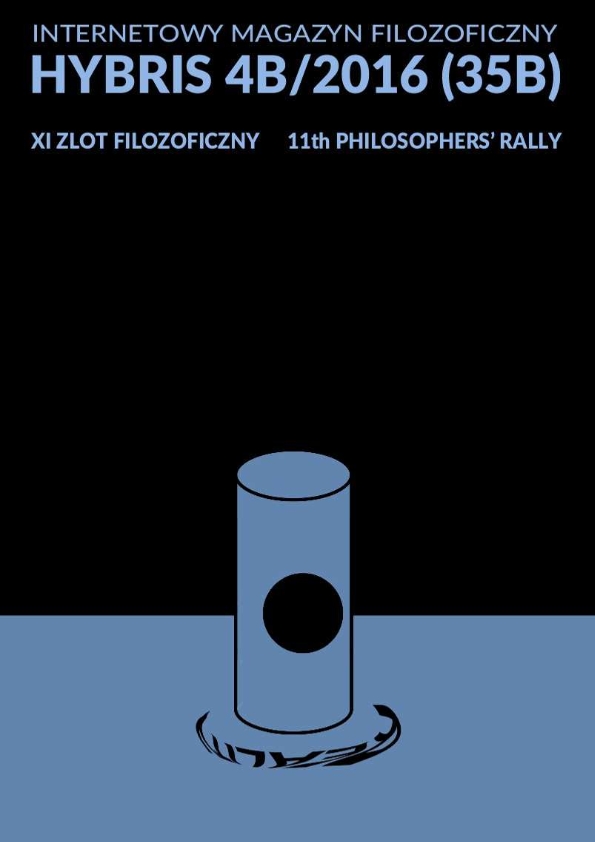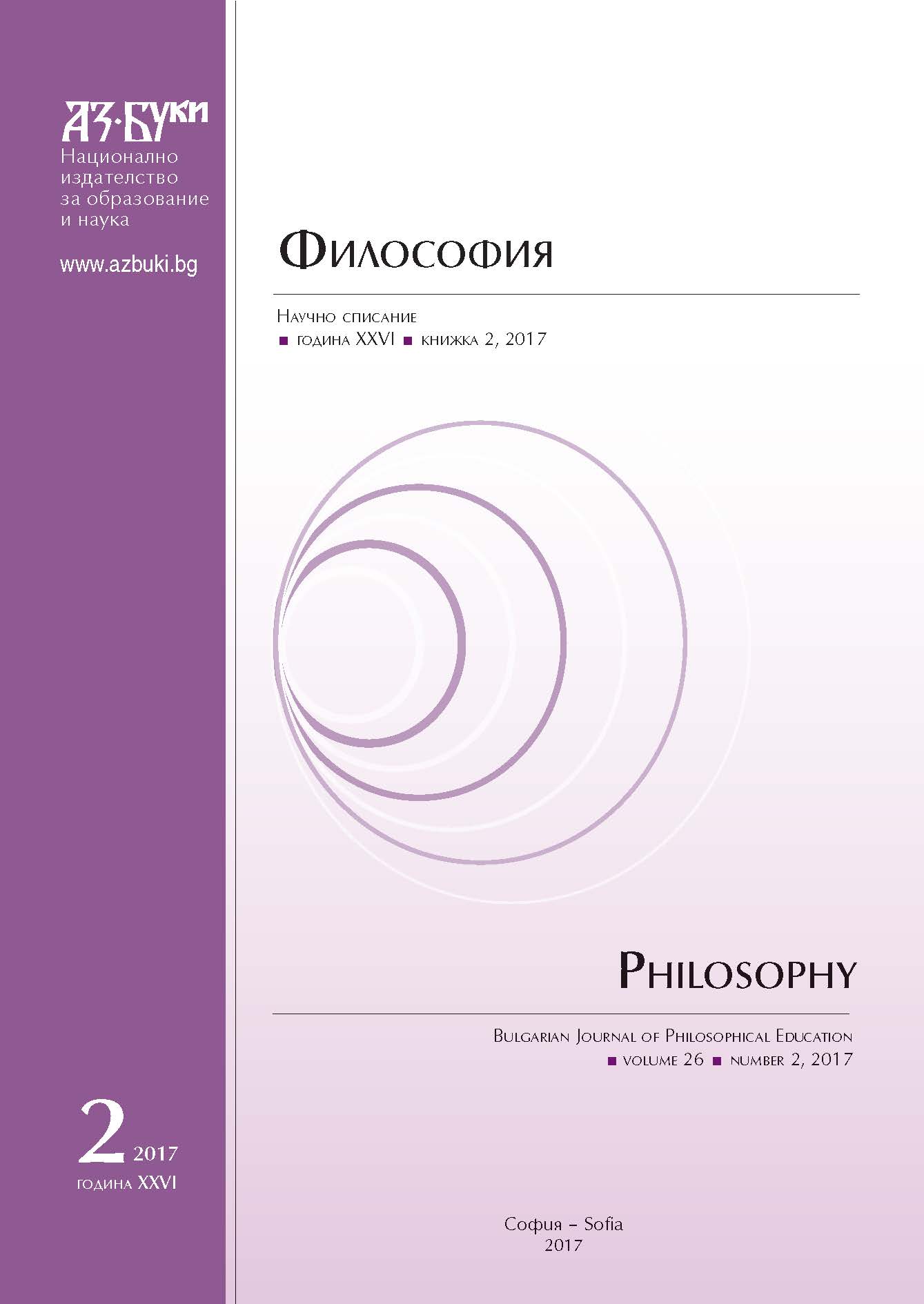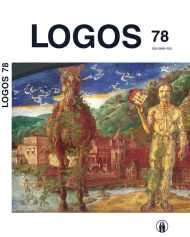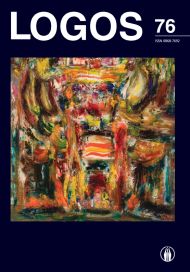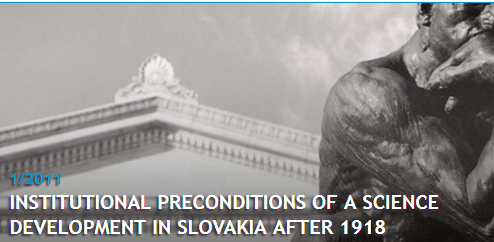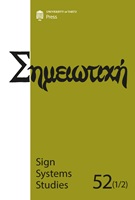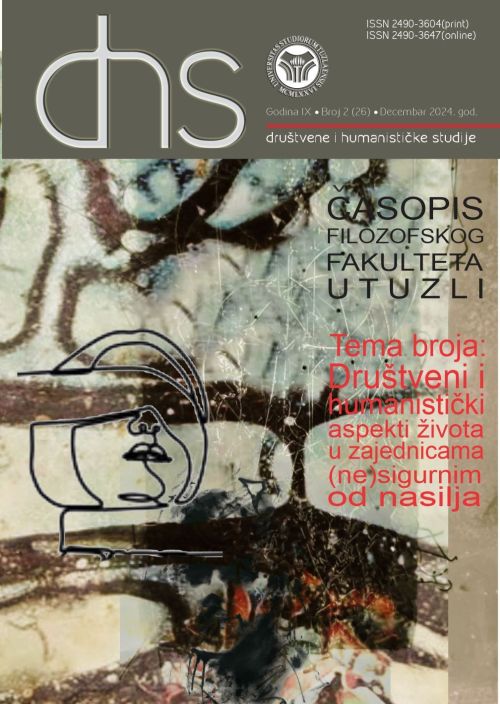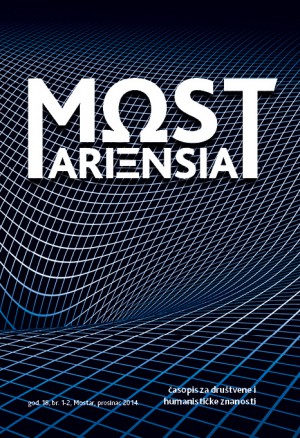Author(s): Ilhan Inan / Language(s): English
Issue: 48/2016
Though ignorance is rarely a bliss, awareness of ignorance almost always is. Had we not been able to develop this powerful skill, there would have been no philosophy or science, nor advanced forms of religion, art, and technology. Awareness of ignorance, however, is not a motivator; but when it arouses curiosity that is strong enough, it causes what may be called an “epistemic” desire; a desire to know, to understand, to learn or to gain new experiences, which is a basic motivator for inquiry. This makes the relationship between curiosity and awareness of ignorance all the more important. One can however fi nd very little on this relationship within the philosophical literature. In this essay this is what I wish to explore. After a brief discussion of the question of whether awareness of ignorance is a precondition for curiosity, based on my earlier work (The Philosophy of Curiosity, Routledge, 2012) I attempt to show that corresponding to the two forms of curiosity that I call “objectual” and “propositional”, there are also two forms of ignorance. This will refute the prejudice that awareness of ignorance must always have propositional content and therefore must always be about truth. I further argue that awareness of ignorance that does have propositional content can be of two different varieties: truth-ignorance versus fact-ignorance. One may simply be ignorant of whether a proposition is true or false (truth ignorance); one may, on the other hand, know that a proposition is true but still be ignorant of the fact that makes it true (fact-ignorance). I then show that awareness of ignorance, whether it is objectual or propositional, can always be translated into what I shall call awareness of inostensibility. An important moral to be drawn from this discussion is that reaching truth, even when it is coupled with certainty, does not always eliminate one’s ignorance and therefore cannot be the ultimate goal of inquiry.
More...
